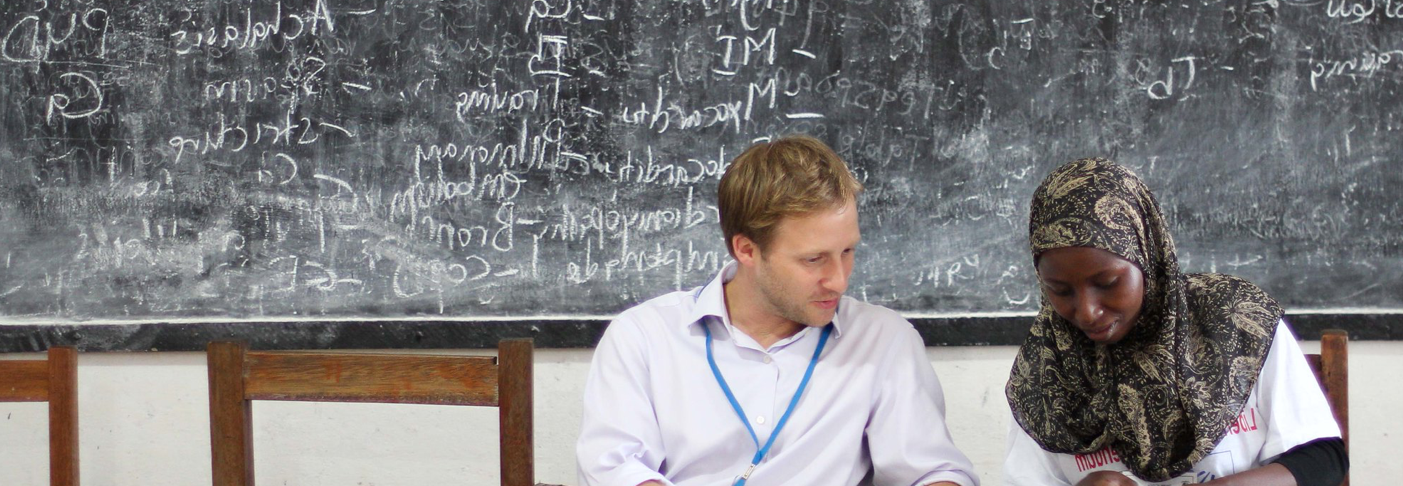
We take on some of democracy’s toughest challenges with locally-driven and locally-led solutions.
Currently funded by USAID’s Democratic Elections and Political Processes (DEPP) award, our programs support elections and political processes in today’s rapidly changing political landscape.
Under DEPP, CEPPS has engaged four Senior Technical Partners to provide USAID with additional expertise. These are:
The American Bar Association Rule of Law Initiative (ABA ROLI) brings expertise in judicial system independence, accountability, ethics codes for judicial system personnel, as well as legal education and training.
The Center for International Private Enterprise (CIPE) brings expertise in the private sector’s engagement in democratic processes, including through advocacy, good governance, anti-corruption, and market-oriented reform
Democracy Arch (D-Arch) brings expertise in democracy data collection and analysis. Their associated data project, V-Dem, provides a multidimensional and disaggregated dataset and offers a new approach to conceptualizing and measuring political institutions and behavior.
Internews brings expertise in information and communications related to journalism, information integrity, free and open access to information, digital rights, as well as media, and data literacy.
Five cross-cutting priority areas are foundational to the goal of sustainable development. These are:
gender and youth;
inclusion of marginalized groups;
inclusion of local partners;
anti-corruption; and
sustainability.
Our current DEPP Programmatic Objectives leverage both our team’s decades of combined experience and our extensive network of local and global partners.
OBJECTIVE 1: CAPACITY BUILDING
Build capacity of stakeholders including citizens, media, civil society, political parties, and government to advance political freedoms and establish democratic political processes.
OBJECTIVE 2: POLITICAL PARTICIPATION
Encourage participation by all citizens and social groups in electoral and political processes by identifying and addressing social, economic, legal, and political barriers to participation.
OBJECTIVE 3: GOOD GOVERNANCE
Improve democratic governance and the quality of representation throughout the political system, including by supporting country efforts to build representative multiparty systems and legislative bodies, and improving the responsiveness of governing institutions to citizens.
OBJECTIVE 4: ACCOUNTABILITY AND OVERSIGHT
Facilitate the development of accountability and oversight mechanisms for responsive and democratic governance, both within the state and by citizens and civil society.
OBJECTIVE 5: TECHNOLOGY
Promote the appropriate use of technology in political processes while mitigating its negative consequences.
OBJECTIVE 6: INFORMATION INTEGRITY
Facilitate citizen access to accurate information about policy and political processes.
OBJECTIVE 7: ELECTORAL INTEGRITY
Promote electoral integrity and sound election administration in the pursuit of free, fair, and competitive electoral processes.
OBJECTIVE 8: CONSENSUS BUILDING
Facilitate the development and implementation of consensus-building processes and legal frameworks, including peace processes, constitutional reform and support during political transitions, and democratic breakthroughs.
OBJECTIVE 9: POLITICAL AND ELECTORAL VIOLENCE MITIGATION
Encourage peaceful political processes and prevent and mitigate electoral violence.